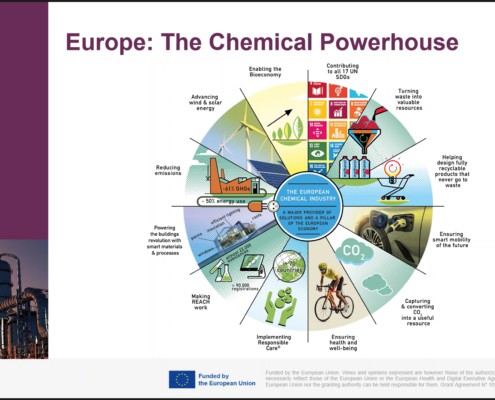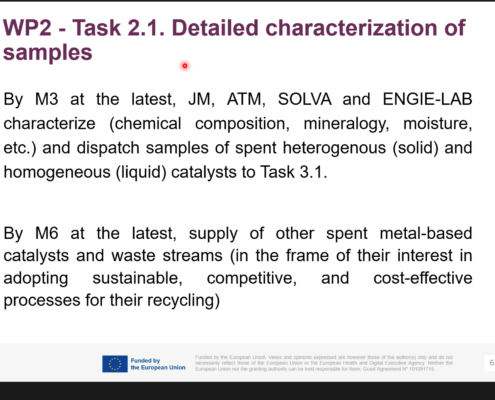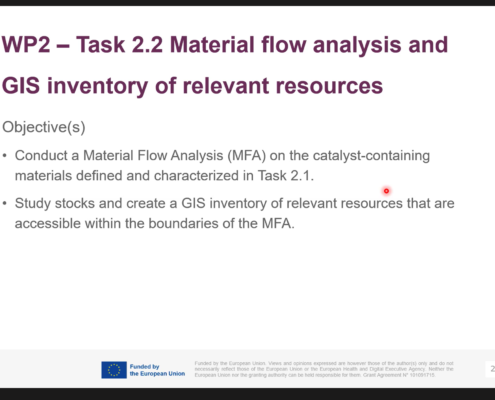Posts
FIREFLY Project Consortium Meeting, Tenerife, January 2024
/in News/by Luis LopesThe LPRC team hosted the recent FIREFLY Consortium Meeting in Tenerife, Canary Islands, one year after the start of the project. Partners from all over Europe flew to the Tenerife to engage in two days of discussions on the status of the project and the next steps for the year 2024.
The two days were dedicated to discussions on the work packages that represent the project’s design and implementation towards a flexible, predictive and renewable electricity-powered electrochemical toolbox for a sustainable transition of the catalyst-based European chemical industry. The group discussed topics such as development and validation of AI-based tools, R&D of flexible technologies and Life-cycle sustainability Assessment. La Palma Research Centre, leader of Work Package 2 – Supply of waste catalyst and mapping of relevant resources – and Task 2.2 – Material flow analysis and GIS inventory of relevant resources, presented the work done in 2023.
Sites visits to Tenerife’s recycling industry complemented the meeting with an important technical aspect that can help the FIREFLY partners to develop and implement their tasks.
It was a pleasure to prepare and host the FIREFLY’s project Consortium Meeting. See you next time!
FIREFLY Online Consortium Meeting (June 2023)
/in News/by Luis LopesAfter the FIREFLY Kick-off meeting back in January 2023, the FIREFLY team got together online to discuss the mid-year status of the different project tasks. The 16 partners joined online on the 19th and 20th of June to present and discuss the 9 Work Packages that range from technical to administrative topics. La Palma Research Centre as leader of WP2 was represented with two members.
The FIREFLY project aims to electrify a large part of the chemicals value chain in a sustainable way (environmental, economic and social): power-to-catalyst and chemicals fostered via electrochemical catalyst recycling.
Work Package 2 – Supply of waste catalyst and mapping of relevant resources, which is led by LPRC, has two main tasks: 1) Detailed characterization, supply and pre-conditioning of samples and 2) Material flow analysis and GIS inventory of relevant resources. LPRC is also the leader of Task 2.2. The presentation of WP2 focused on non-technical (risks, milestones, reports) and technical aspects of the work done. As part of the technical aspects, the presentation covered the selection and characterisation of catalyst samples and the Material Flow Analysis for the catalyst-related resources (metals).
LPRC will now continue its work on Task 2.2 with the development and implementation of the Material Flow Analysis for the selected elements (including gold, silver and other metals) and on the creation of Geographical Information System to map the identified catalyst-related resources.

 FIREFLY
FIREFLY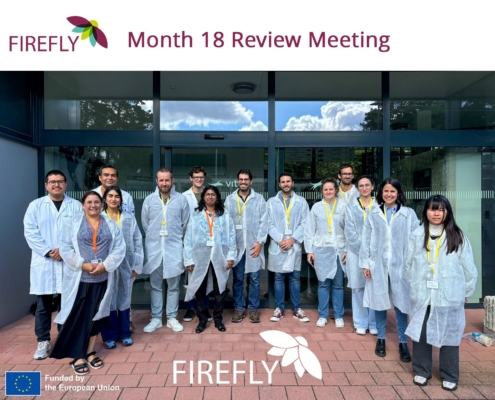
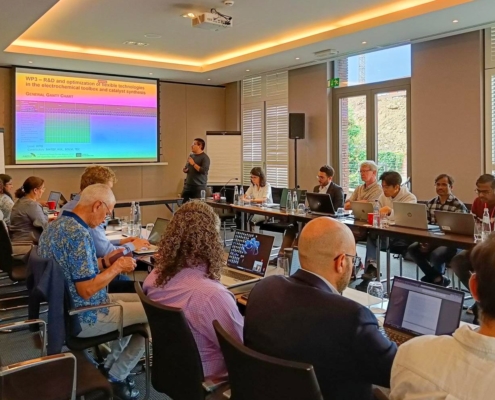
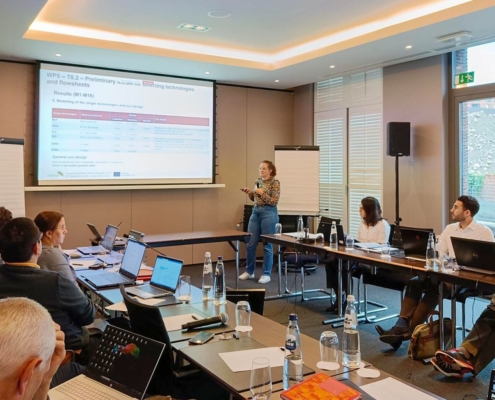
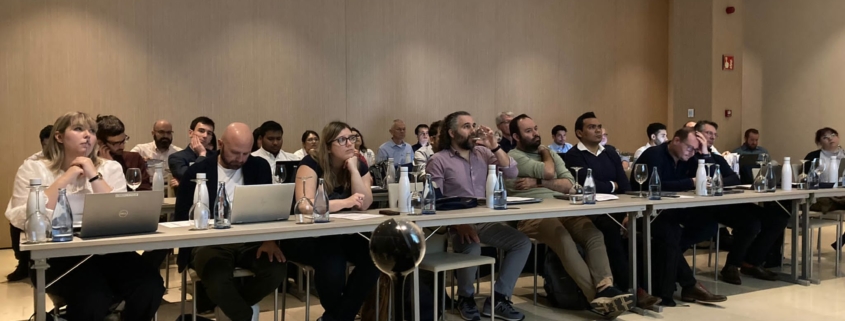
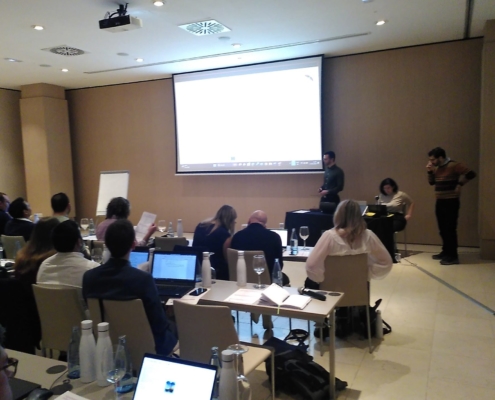
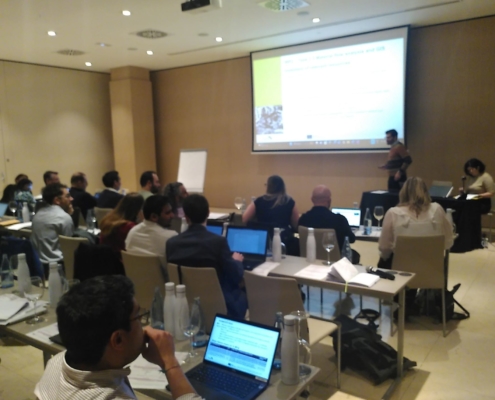
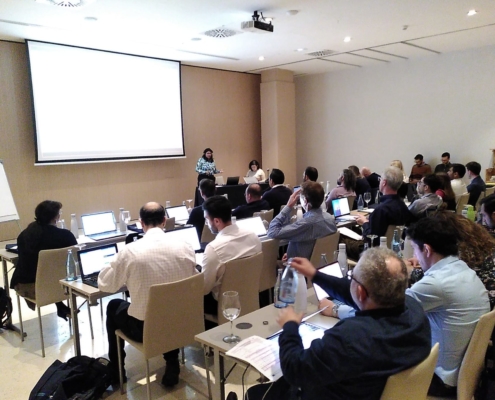
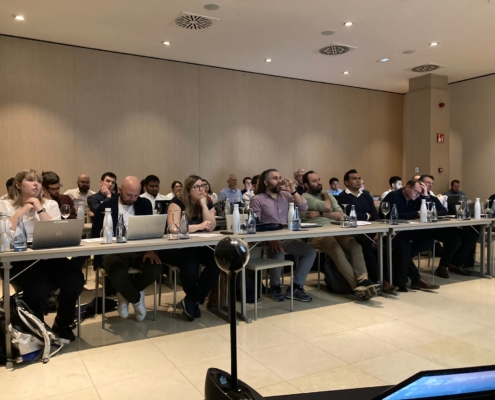
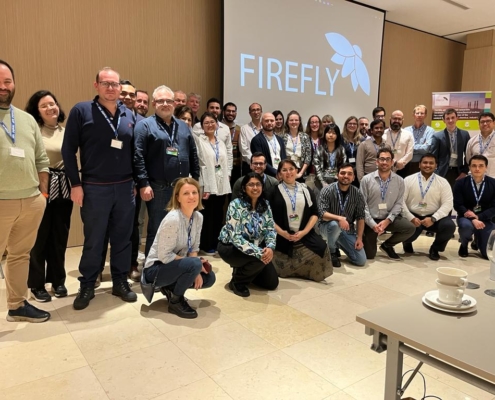
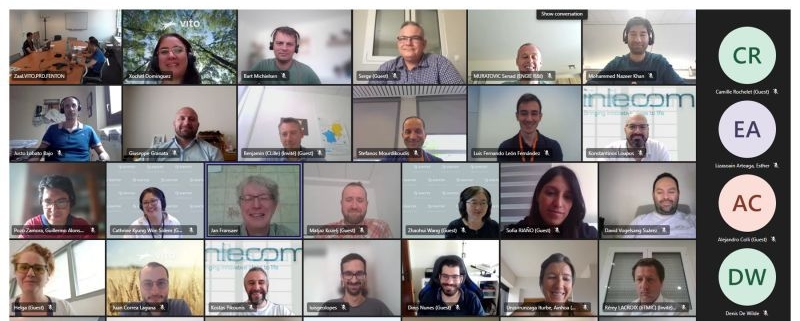 PNO
PNO